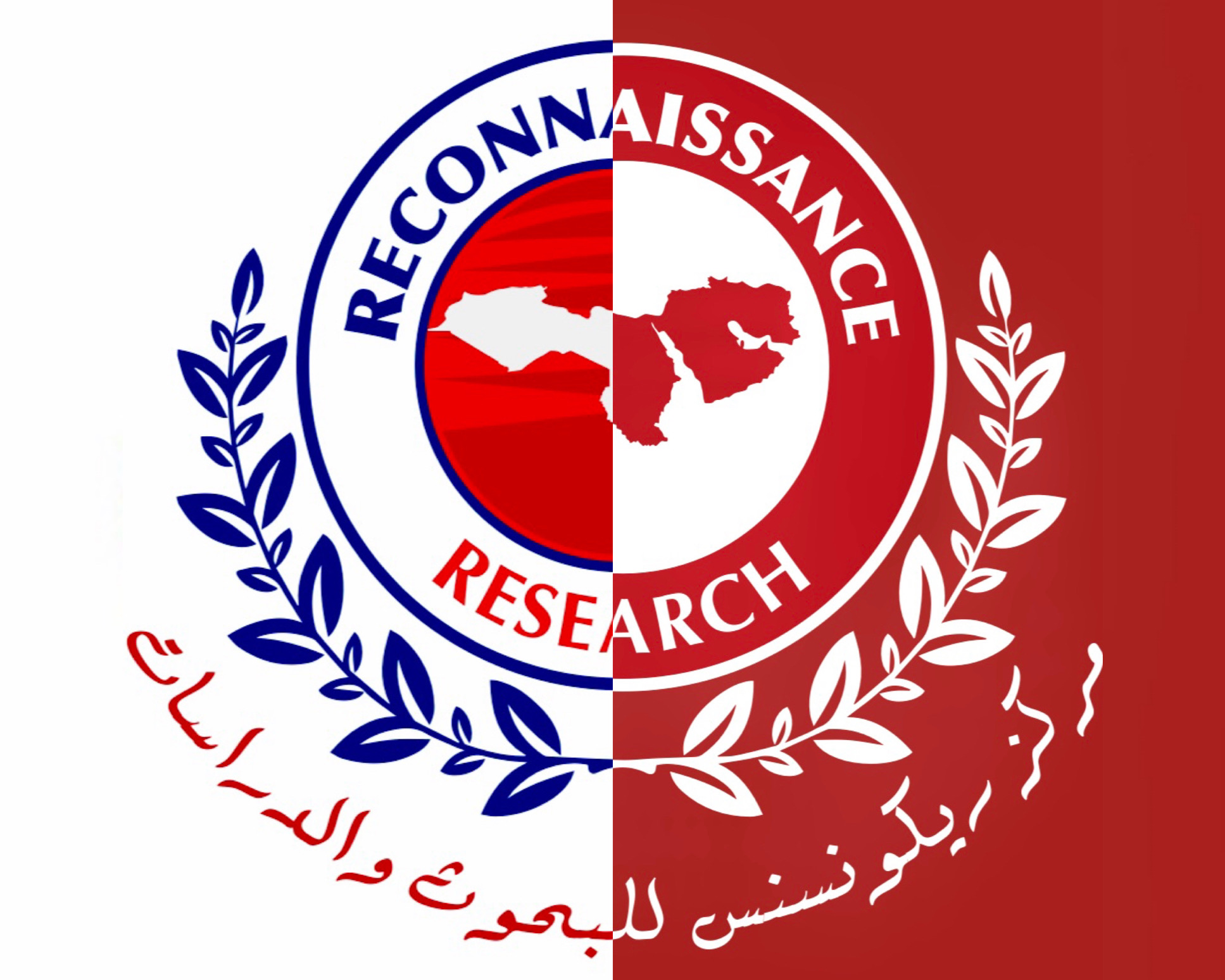By: Abdulaziz Al-Anjeri
Founder and CEO - Reconnaissance Research
As I’m nearing the celebration of five years since the foundation of Reconnaissance Research, I have chosen to focus on the crucial yet difficult task of preserving think tank independence for my article.
In a world filled with noise and bias, independent think tanks have emerged as key contributors to the sphere of public knowledge and policy research. Their primary role is to generate non-partisan information, perspectives, and policy proposals. However, the journey towards enlightenment is often obscured by numerous challenges, with coercion and undue pressure being among the most significant. To remain true to their mission, think tanks need to prioritize truth and transparency, resist external pressures, and adhere to the highest ethical standards.
Independent think tanks are entrusted with the task of 'truth-seeking,' presenting their findings to the public and policymakers without fear or favor. Think tanks must resist succumbing to bullying or pressure from any external entities, including state-affiliated agencies. The very essence of an independent think tank is encapsulated by its autonomy. However, this independence can be threatened by various pressures, from funding constraints to direct political interference.
The scarcity of independent voices, particularly in regions like the Middle East, underscores the importance of protecting entities like Reconnaissance Research. In an environment where independent analysis and policy recommendations can be hard to come by, such organizations serve as invaluable resources due to their ability to produce unbiased, evidence-based research that can contribute to informed decision-making at all levels.
Democracies around the world must acknowledge and act upon the responsibility to protect these essential institutions. For example, if think tanks in places like the U.S., which are expected to uphold freedom of speech and intellectual independence, succumb to pressures—such as attempts to shape their research agenda or, most concerning, the direct pressure to suppress publication—it sends a troubling message globally.
While Kuwait has been regarded as more open and tolerant compared to some of its regional counterparts, and boasts a democratically elected parliament, dynamic civil society, and active non-governmental organizations contributing to public discourse, the extent to which freedom of speech and expression is protected remains a critical consideration for independent think tanks. The government holds considerable influence over media, research, and policy-making, which can manifest as control over media narratives, imposition of research topics, or steering policy-making decisions.
In conclusion, as the balance between democracies and autocracies shifts, think tanks' potential for societal good is vast. They can act as alarm bells warning against potential misconduct amidst politically challenging times, allowing them to continue shining a light on the path towards informed public discourse and policy-making, acting as giant icebreaker ships that make some of the most inhospitable paths accessible to the world.


